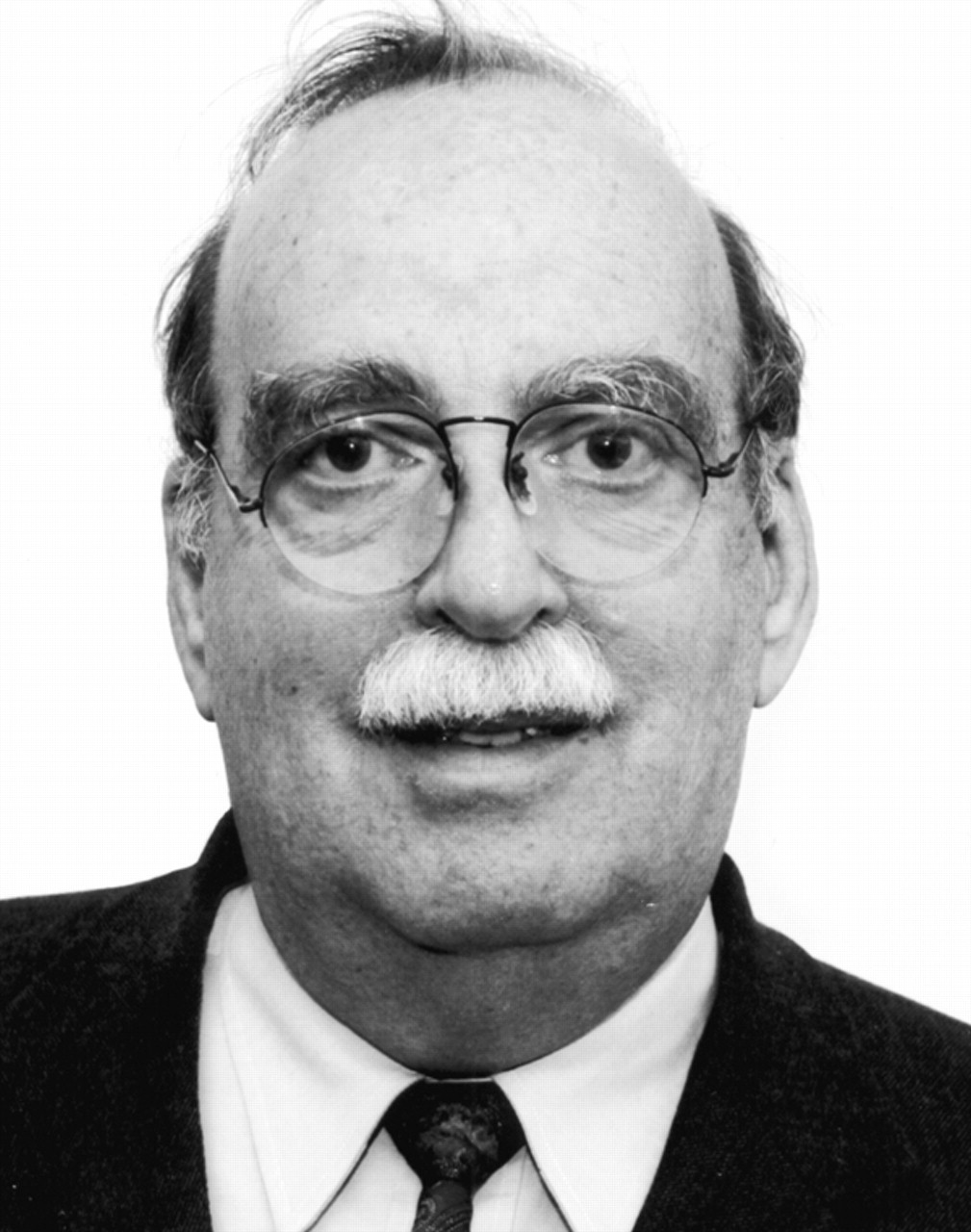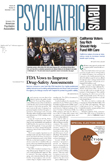Professor and Director of Psychiatric Residency Training, Department of Psychiatry, Northwestern University, 2002-
Academic Program and Systems Analyst, VISN 12, Veterans Administration, 2000-
Area 4 Trustee, APA Board of Trustees, 2003-
President, Illinois Psychiatric Society, 1998-99
President, American Association of Directors of Psychiatric Residency Training, 1991-92
President, American Association for Adolescent Psychiatry, 2002
In 2001 I expressed serious concerns about issues that confronted APA and had not been addressed:
1.
The APA budget
The budget was seriously in the red, and the budgetary process was in a shambles.
Today the budget is in the black and the process is efficient, effective, and transparent.
2.
Declining APA membership
APA membership was declining, weakening our political force and presence.
Today following reorganization and new leadership, I am delighted to report our membership is rebounding.
3.
The overwhelming number of APA committees, councils, and task forces
Today following reorganization this number is now manageable.
I am pleased to have raised these issues and worked in the Assembly, the Board of Trustees, and elsewhere to foster the major changes that occurred. Today as a member of your Board of Trustees, I observe an ongoing set of issues:
1.
A need to reassess member and APA engagement with the pharmaceutical industry.
In light of major changes in the industry, we need to reexamine APA's relationship with industry and provide new guidance to our members in dealing with the drug industry.
2.
Reaffirm APA as the major professional advocate for individuals suffering from mental illness.
In light of major erosion in the public- and private-sector funding for the treatment of mental illness, APA must be the lead organization in reversing this trend.
3.
Ensure an operational definition of psychiatric practice that addresses biological and psychological aspects of behavior while understanding the social context of our patients.
We must prevent a narrow reductionism from defining our work. We must respond to psychologist-prescriptive authority by clarifying to society what we are and why psychologist prescribing is not in society's best interest.
4.
Reaffirm and retain the unified relationship between APA and its district branches.
Today the Texas district branch, through a complex series of actions, has cooperated with a plan that allows current non-APA members of chapters of the district branch to attain membership in a new parallel, non–district branch state organization. This must stop. APA must retain unity in membership between it and its district branches if it is to effectively lead American psychiatry.
Leadership
In reviewing the issues addressed by APA candidates over the past five years, although their language differs, their concerns are the same. The critical differences are in leadership. If leaders in Illinois were to propose the organizational changes established in Texas, I would fight them and be sure that each member of the Illinois Psychiatric Society knows why I am opposed. They would not need a letter from Washington to explain.
I need your vote for a strong, assertive APA leadership.
Primary Professional Activities and Sources of Income
Professional Activities
50%—Professor and director of psychiatric residency training, Northwestern University
25%—Academic program and systems analyst, VISN 12, Veterans Administration
25%—Private practice of psychiatry and psycho-analysis
Income
50%—Northwestern University
25%—VISN 12, Veterans Administration
25%—Private practice

